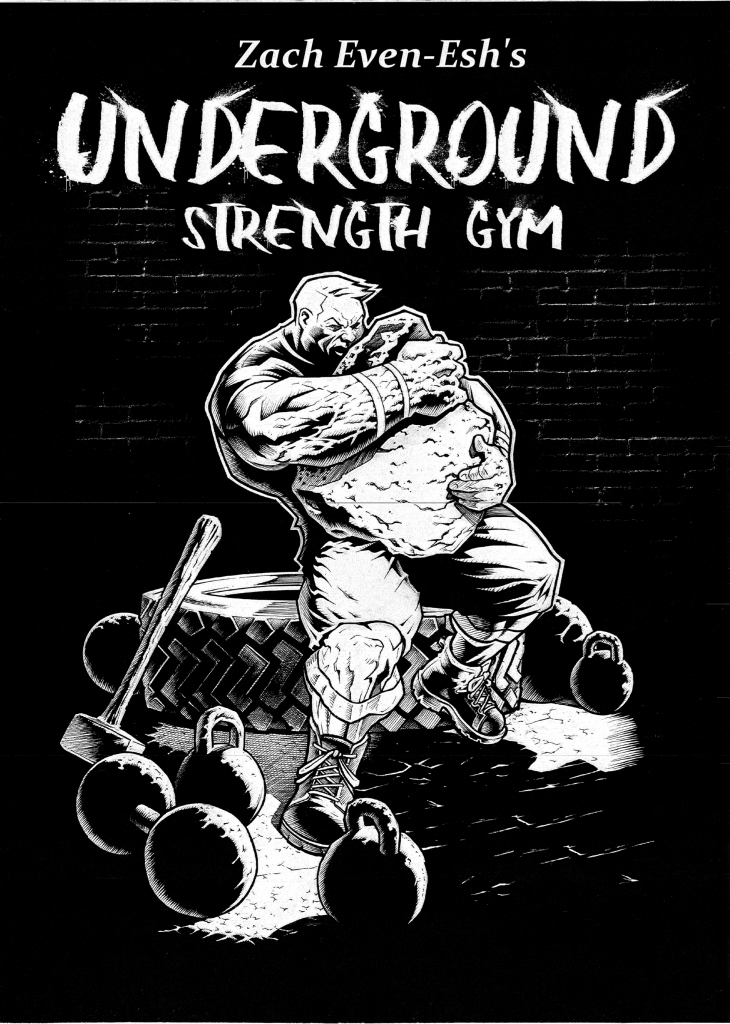
I've watched the worst movers in the weight room achieve some of the highest levels of success in their chosen sport.
I've watched the highest achievers in high school struggle at the D1 Level and give up altogether.
I've watched the strongest & toughest guys in the weight room demonstrate the least grit & toughness in their sport.
These stories of irony go on and on. They are ironic only when you are new to training athletes. Once you've coached for a while, you see how different all the athletes are both physically and mentally.
For the experienced Performance Coach, he or she has seen exactly what I am talking about and has found a way to make sense of this.
The expert learns that there are MANY factors that impact performance and it's certainly NOT solely about increasing the athlete's 1 RM back squat.
In this article I want to dive into the psychology of strength and success. Why do some athletes succeed when others struggle, even the struggling athlete follows what is deemed to be a great lifestyle and a great training regimen?
For example, I was reading this post from Kurt Hester, about a freshman at LA Tech who squatted 725 lbs. First off, holy hell, THAT is an impressive number.
And, in my younger years and certainly Kurt has openly said the same, we thought that THIS was what it was primarily about. If we could just keep getting the athlete stronger and more explosive in the weight room, then all questions of athletic performance would be answered.
Until we learned, it's MUCH deeper than the numbers.
This is a BIG reason why I wrote the chapter in my Encyclopedia of Underground Strength, titled Strong and Useless. I had seen too many Football players who could squat and bench more than anyone else on their team yet they were useless on the Football field.
From the IG post above, Kurt has brought up a few powerful points that some of you need to think about more than others:
- Does this make him a better football player? I say no, maybe only in confidence.
- Should he try to attain more strength? I say no.
- Should he work on other aspects of strength? I say yes.
- Should he work more on his skill? Hell yes!
Strength in the weight room does not equal enhanced athletic ability! I wish it were that easy but it is more complex than raising your absolute strength.
The BIG squat is going to increase this player's confidence. THAT right there is a key trait in successful athletes as well as improving performance. But, at what expense is adding more weight to the bar going to do for the athlete? Are you weighing the pros and cons?
Is there such a thing as "strong enough"? There will be some D1 Strength Coaches (especially in Football) who will need to answer this. In other sports, not as much the case. I recall a D1 wrestler I was working with benching 405, IN SEASON! He did NOT All American that year. That was a reminder to me that he needed more of what he was weak at, NOT what he was already strong at.
In those situations, as a Coach, you find a way to begin by meeting that athlete in the middle. If he loves lifting heavy you follow up or couple the heavy lifts with more of what he needs. This might be speed work, it might be a general specific movement that builds the athlete's skills or weak areas. The key here is NOT to eliminate the very thing that boosts this athlete's confidence yet at the same time finding a way to work the limiting factor that separates this athlete from achieving greatness instead of being just good.
The psychological component of sports has intrigued me beyond words, especially since I struggled with confidence as an athlete in my younger years yet I trained like a madman. "Training Hard" and "Working Hard" don't mean as much unless you are training correctly.
My own mistakes as an athlete gives me the understanding of how athletes struggle both mentally and physically. I can watch an athlete compete and as I witness them struggle or lose points, positions, plays, etc - my mind is working as to HOW this athlete can be trained outside of the sports practice to improve. I am constantly thinking about transfer of training.
Getting an athlete stronger is 1 piece of the puzzle and let me tell you, the puzzle is getting more and more complex the more we understand about sports. Ironically, it is often the basics that can help these athletes.
The strongest guy in the gym is not always the strongest guy in life; he might struggle with EVERYTHING outside of the gym, from relationships to career to finances.
Same with the strongest athlete on the team. As Performance Coaches, we need to find ways to help the athlete take their confidence and apply it to their sports. We need to find ways to identify weak areas in their sports skills and identify how we can utilize training to improve sports performance.
- Does the athletes struggle during a certain time in competition? At the end of a game due to fatigue? During close games / matches due to psychological pressure?
- Does the athlete struggle with technical aspects of the sport? Is the technical flaw because of lack of strength, lack of speed, lack of coordination?
- Should we remove 1 day from the weight room and replace that with sports skill work under the sports coach?
- Does the athlete get out muscled / over powered by the opposition?
Don't ever stop asking questions. Find out as many reasons why the athlete you're working with is not winning more and find out what YOU need to do to fill that gap.
Here are just a few ways to learn how to adjust your training to better meet the needs of your athletes:
1) Create a short survey for your athletes asking them questions or, have some 1 on 1 meetings with your athletes. Get to know them. Find out what they feel their strengths and weaknesses are. What they feel they need to work AND what they WANT to work on. Is it more strength, more speed, more size? They might give you answers that are "wrong" according to science but their answers are cluing you into what they need psychologically.
For example, they might say any of the following:
- First step quickness
- Core Strength
- Hand Fighting
- Increase my Bench Press
- No Heavy Squats in season
You might find yourself saying WTF, we HAVE to squat heavy. Well, if the athlete loses confidence when his legs feel sore, etc then you need a find a way to create "buy in" as Brett Bartholomew always does such a great job of explaining through his work.
I've had athletes who LOVE lifting heavy upper body but NOT heavy on lower body. They only want dynamic work for lower body. Others who don't want to lift heavy at all. Others who struggle to show up in season. Others who struggle to show up on time.
All of these behaviors give you hints. To get better answers we must ask better questions. We must become better communicators and better listeners. Ultimately, you will learn that during the same training session, you will need to implement various training protocols and various coaching methods, all in an effort to communicate and hit home with each individual. Essentially, you're going to have multiple methods of communication / personality traits yourself to help these athletes, unique in their own way, perform better.
Even if the workout is the same for the entire room, how you communicate with each athlete is going to be different. As I love to say so often, It's So Simple it's Complicated!
Live The Code 365,
Z

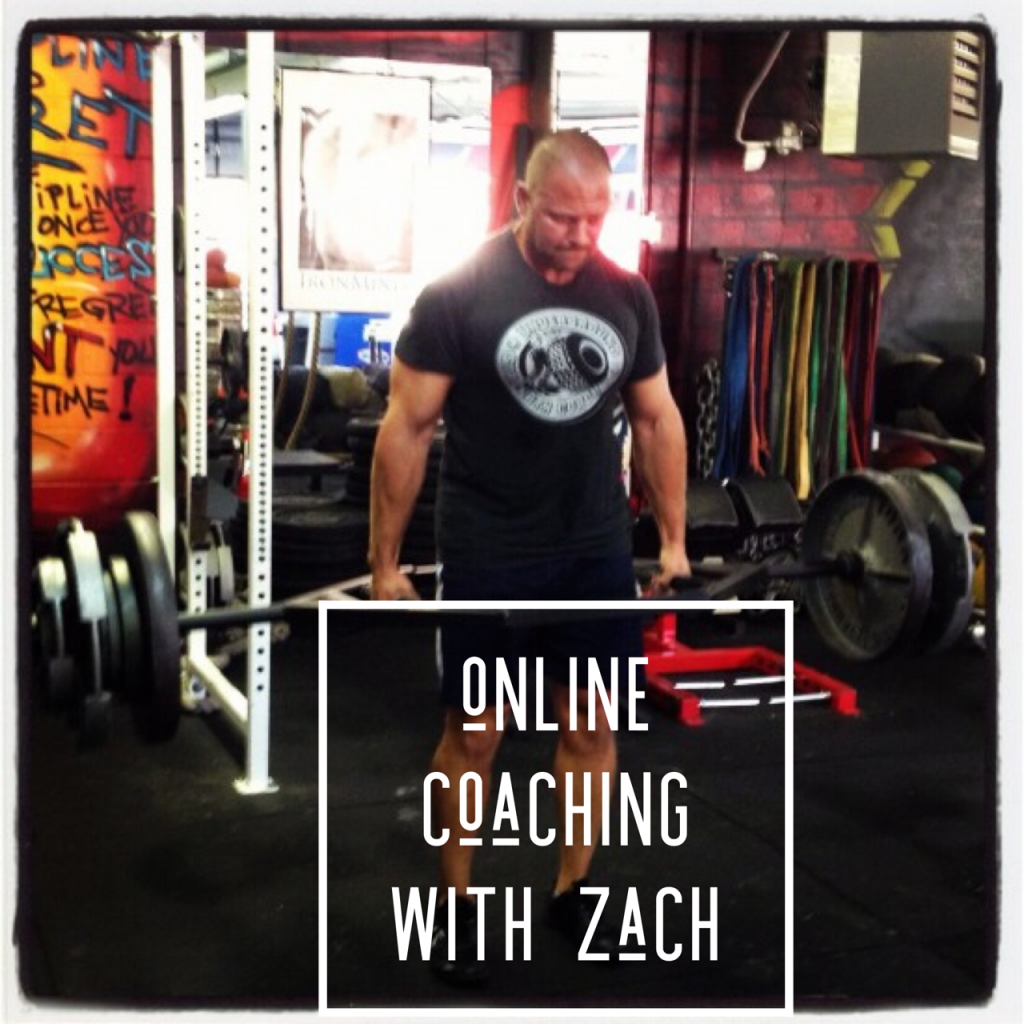
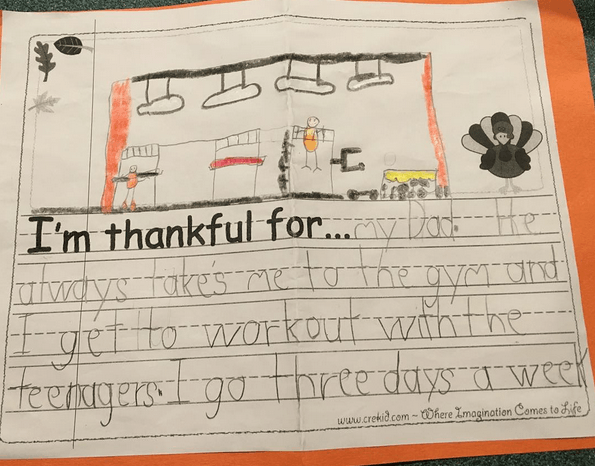
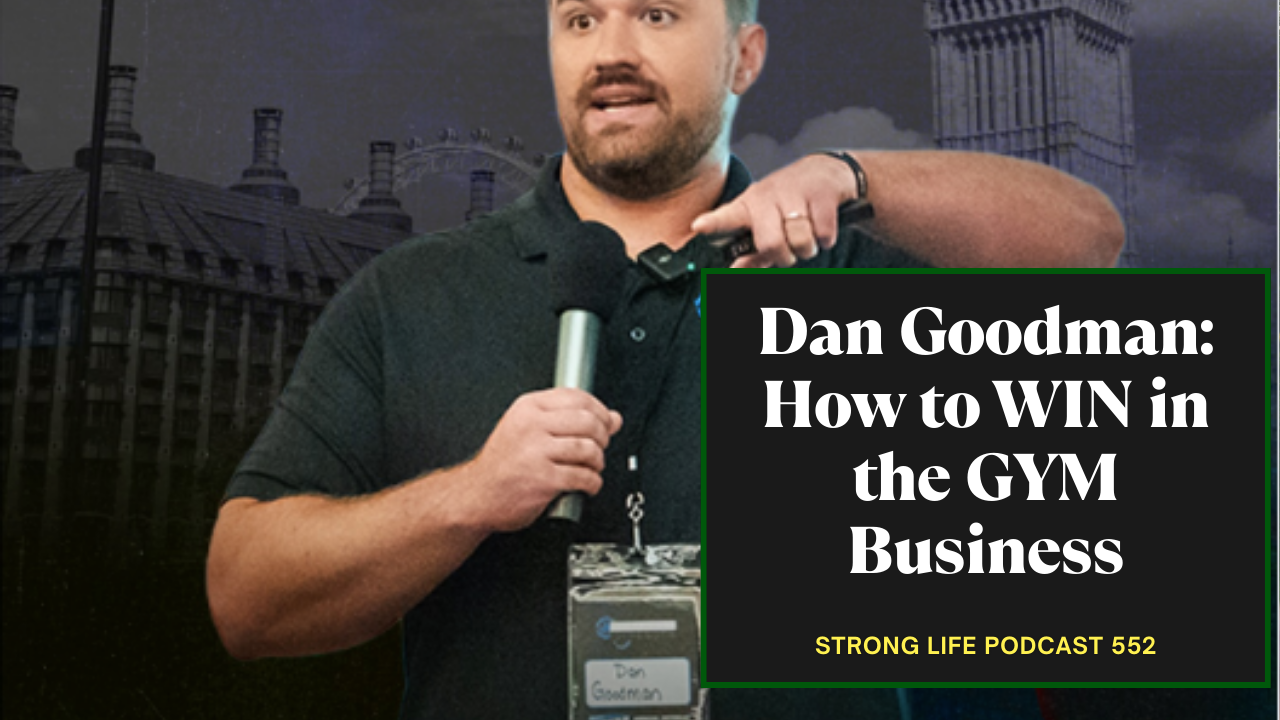
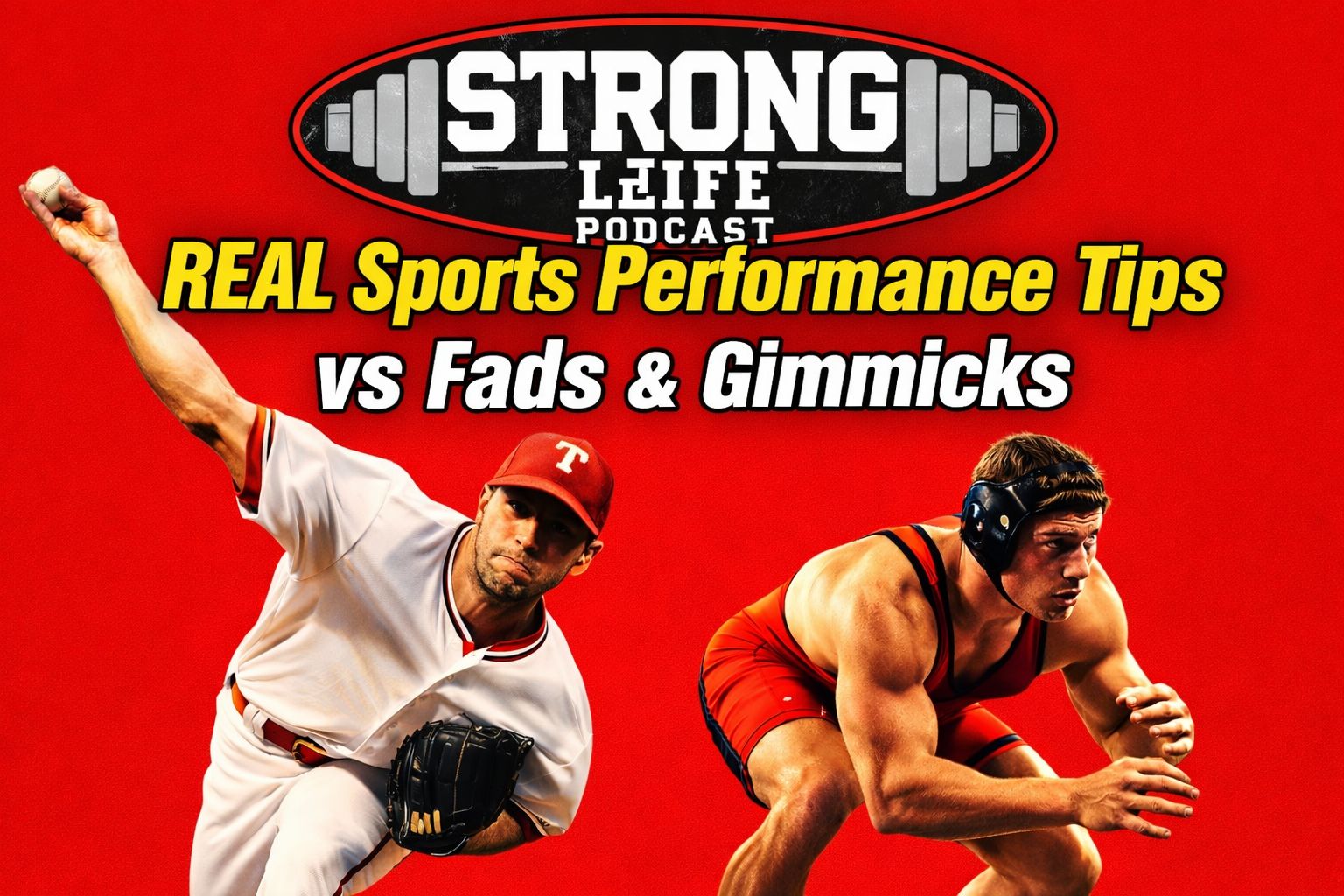
2 Responses
Great text coach.
I have saw athletes worry about some for me unimportant things but that is something important for them and can help to achieve better self-confidence and mental toughness.
I think that is the gap for them to overcome,it’s not worth the strength if you do not have the self-confidence and mental toughness.
I’m not a strength coach, but enjoy reading your articles. Another great read Zach.